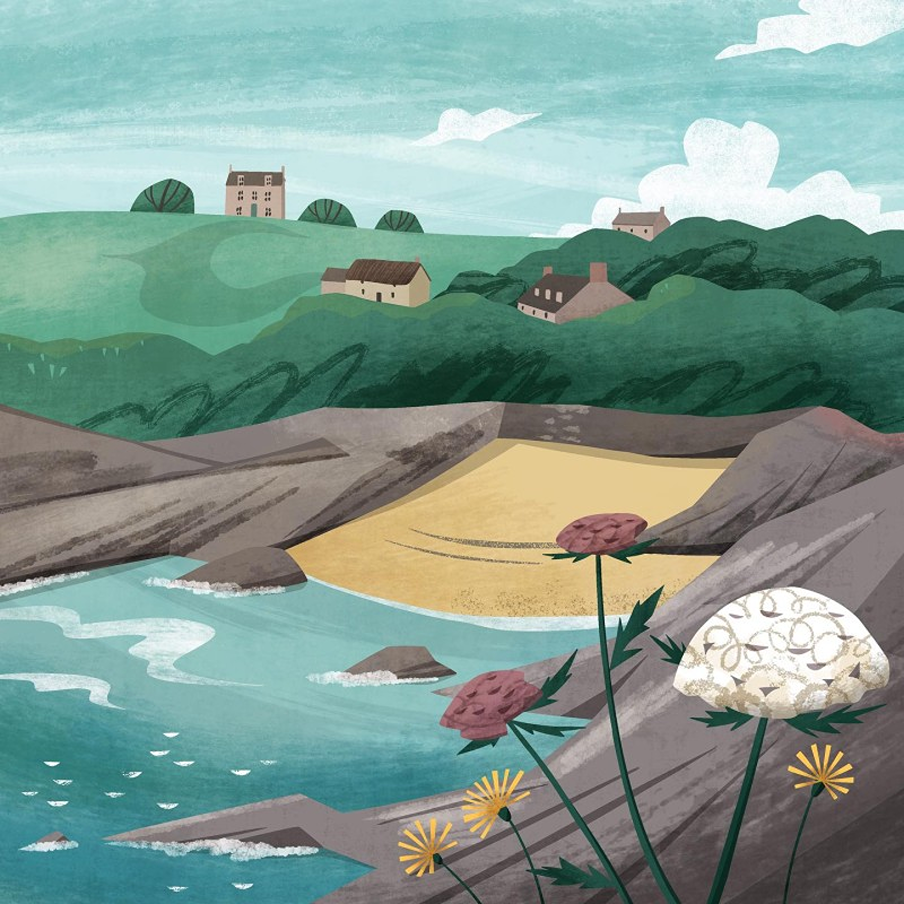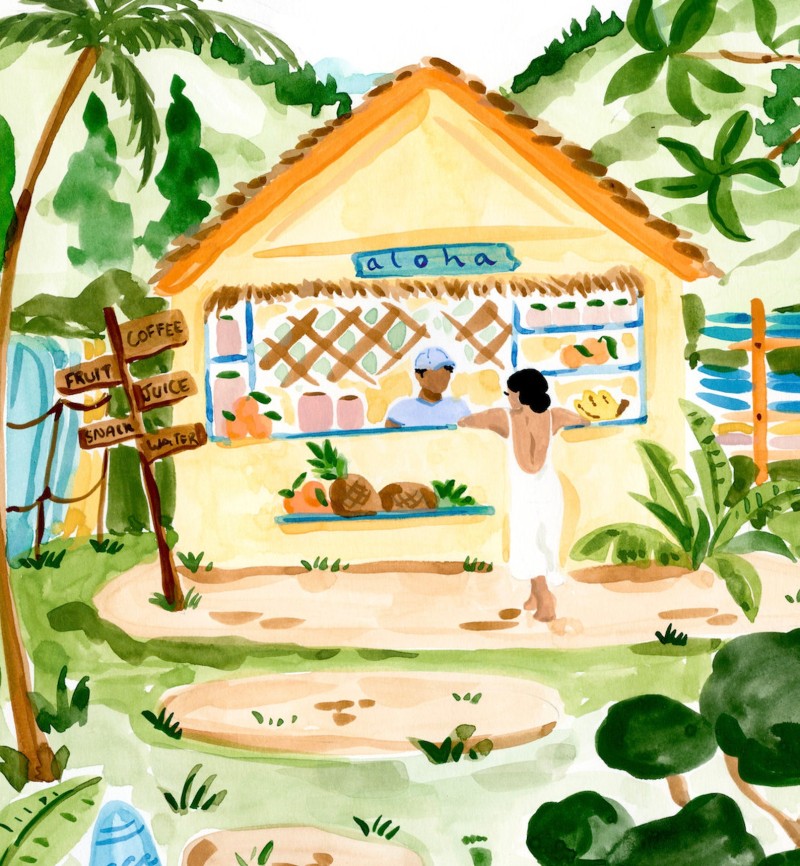Get Involved with Volunteer Beach Cleans

As an island nation, England has thousands of miles of coastline. This should be wonderful, but modern society means most beaches are strewn with litter (some washed up from beaches abroad).
Of course, there are therefore three areas to consider:
- Volunteers to remove all beach litter
- Keeping it that way, with a zero waste policy
- Preventing litter from washing up from afar
So let’s look at all three solutions, to work in tandem:
Volunteer To Remove Beach Litter

It’s important to keep safe, as you may find needles and sharp objects etc. Also read our post on staying safe near jellyfish (even dead ones can sting people and dogs). And how to keep dogs safe by the seaside. Also don’t walk on sand dunes, to avoid disturbing nests and native wildlife.
It’s best to keep young children and dogs at home with others, to keep them safe and avoid dangerous litter. Litter-picking groups will also provide you with hi-vis jackets, litter-picking tools like long grab sticks and bags, and safety information (including liability insurance).
Who you tell depends. Most councils are ‘owned’ by the council, so ask your litter-picking organisation about how to inform (in Cornwall, the council works closely with litter-picking groups, so others can do).
- The 2 Minute Foundation offers a litter-picking station for councils or volunteers. Just take a bag and litter-picker, then return when you’re done. It can set up fundraisers for councils, business and schools.
- Waterhaul beach clean bag is made in Cornwall from end-of-life spinnaker sails, to be used with their litter-pickers and knives. You can arrange nationwide collection of nets and ghost fishing gear.
- Cut up plastic beer rings, rubber bands and hair bands (and snip ear loops from face masks) before secure disposal, to avoid harming wildlife.
- Immediately report (don’t approach or you could scare them away) tangled live marine creatures to British Divers Marine Life Rescue (RSPCA and Coastguard can put you through). Report fly-tipping and dead animals to your local council.
The most common items you’ll likely to encounter on the beach are:
- Plastic bottles
- Glass litter
- Cigarette butts (use a personal ashtray)
- Tear-off bits on plastic bags
- Plastic tea bags
- Nylon hair bands
- Crisp packets
- Golf balls and tees (launched from ships)
- Swimming costumes, goggles, snorkels
- Fishing line waste
- Footballs, frisbees (never use near seals)
Join an Official Volunteer Beach Clean
Surfers Against Sewage has details of local cleans or you can start one (with free equipment for up to 30 volunteers that includes gloves, reusable sacks, a first aid kit and hand sanitiser). Each clean lasts around 2 hours, and you get an owner notification letter to amend, for contacting councils.
Marine Conservation Society runs beach clean-ups (join open a volunteer account). All litter is recorded (lolly sticks to lost toys).
National Trust organises volunteer beach cleans along its 800 miles of coastline. Recent finds include:
- A washed-up can of Russian bug spray (Suffolk)
- Remnants from a 1980s picnic lunch (Liverpool)
- Sonar equipment from Texas (Northern Ireland)
- Oil-covered digestive biscuits (Devon)
- A headless toy soldier (Whitehaven, Cumbria)
How to Keep Beaches Litter-Free
You don’t want to be disheartened, by the litter all coming back again. This is where councils can help, by getting involved, to help your town’s residents and tourists not drop litter. The onus is on them, but there is a lot you can do to help.
All council-owned land is your responsibility to remove litter from (no matter who dropped it), so do so (people can also send reports to Fix My Street).
For private land, you can serve litter abatement orders to force landowners to clean it up. If they don’t, you can issue fines (or clean it yourself, and send the invoice).
There are many other ways to help reduce litter locally:
- Read how to prevent street litter (better bins!)
- Read how to prevent cigarette litter
- Install chewing gum recycling bins
- Install fishing line recycling bins
We need deposit return schemes (where people receive their deposit back for returning bottles, cans and takeaway packaging). This post includes info on returnable/refillable cups and bowls, until that happens (laws have been delayed by the government due to not wanting to include glass, which has not been a problem for over 50 years on mainland Europe?)
Having a zero waste policy to litter is essential. If dropping litter is already legal and means an £80 fine, why are so many towns and beaches littered? Councils obviously are not following up.
Creating big colourful notices (along with plenty of secured-top litter bins) explaining the harm that litter does, is proven to be the best way to prevent people dropping litter (both at the beach and on the street).
Preventing Litter From Washing Up on Beaches
It’s difficult, because this could be from another town, or from across the tides, on the other side of the world. In the Pacific Ocean, many people find trash from the west washing up each day on the beach.
The best way to help is to simply live a ‘reusable over disposable’ lifestyle, trying to avoid single-use plastic (and never dropping litter) as much as possible. If everyone did this (and governments did their bit to help), then there would be less litter in the sea to wash up.
Another way to help if you sail, is to be a sustainable sailor (never dropping anything overboard) that could land on any tide on earth, over time.
How Tropical Hawaii Keeps Its Seas Clean

Hawaii is one of the 50 states of the USA, but as an island in the Pacific Ocean, it’s very different and more independent. Home to singer/songwriter Jack Johnson (who with his wife is heavily involved in education on keeping beaches clean – they even invented a reusable pint cup to stop plastic waste).
These islands are home to Kona coffee, hula dances, volcanoes and the world’s highest mountain (not Everest, this is higher if you include underwater ones). But plastic waste (and wildfires due to climate change) means these six major islands have really taken a serious approach to reducing carbon emissions and beach litter, for residents, tourists (a major income) and marine creatures.
There are tap water refill stations across the island, along with marine trash identification lesson plans, to get the next generation involved in helping to keeping the island clean for future generations.
Most of the world’s discarded rubbish collects into one massive mound in the North Pacific, bound by the North Pacific Subtropical Gyre. It’s divided into the eastern garbage patch (between Hawaii and California) and the western garbage patch (near Japan).
Hawaii Wildlife Fund estimates that 15 to 20 tones of marine trashed are washed up on the island’s shores each year, most of which are plastic. Kamilo Beach (on Big Island) is now listed as the most plastic-polluted place on earth, with over 47 tons of plastic removed from the shore in just 24 days.
On one volunteer beach clean, one find was an endangered Hawaiian monk seal, who had netting wrapped tightly around her neck). Another local monk seal died, after becoming entangled from ‘jug fishing’ (when someone lowers a plastic jug to try to catch a fish).
Due to so many active volcanoes, some have asked why Hawaii does not use the heat for energy. But experts say this would not work, as volcanoes are unpredictable – collecting it would be ‘the most dangerous job on earth’.
We’ll just look at you. If you look scared, then we’ll panic. Discovery Channel crew to volcanologist John Seach, while filming at a volcano
I have seen so many eruptions in the last 20 years, that I don’t care if I die tomorrow. Maurice Krafft (volcanologist on the day before he, his wife and another volcanologist were killed on Unzen Volcano, Japan).






